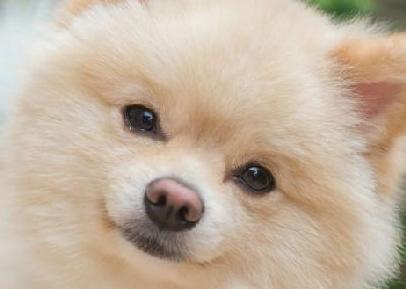正文
经济学人下载:猫猫狗狗统治"铲屎官"(2)
The pet business is growing even faster than pet numbers, because people are spending more and more money on them. No longer are they food-waste-recyclers, fed with the scraps that fall from their masters’ tables. Pet-food shelves groan with delicacies crafted to satisfy a range of appetites, including ice cream for dogs and foods for pets that are old, diabetic or suffer from sensitive digestion; a number of internet services offer bespoke food, tailored to the pet’s individual tastes.
宠物行业的增长速度甚至比宠物数量还快,因为人们在宠物身上花的钱越来越多。宠物不再是食物垃圾的回收者,不再吃主人桌子上掉下来的残羹剩饭。宠物食品货架上摆满了精心制作的美味佳肴,以满足各种各样的食欲,包括为狗狗准备的冰淇淋,以及为年老、患有糖尿病或消化不良的宠物准备的食物;许多互联网服务提供定制的食物,以适应宠物的个人口味。

In the business this is called “pet humanisation”—the tendency of pet owners to treat their pets as part of the family. This is evident in the names given to dogs, which have evolved from Fido, Rex and Spot to—in America—Bella, Lucy and Max. It is evident in the growing market for pet clothing, pet grooming and pet hotels. It is evident in the demand for breeds such as the French bulldog, which, tellingly, looks a bit like a human baby.
在商业领域,这被称为“宠物人类化”——宠物主人倾向于将宠物视为家庭的一部分。从狗的名字就可以看出这一点,在美国,狗的名字从Fido, Rex和Spot变到Bella, Lucy和Max。这在不断增长的宠物服装、宠物美容和宠物旅店市场上是显而易见的。从对法国斗牛犬等品种的需求中就可以明显看出这一点。很明显,法国斗牛犬看起来有点像人类的婴儿。
People still assume that pets must be working for humanity in some way, perhaps making people healthier or less anxious. But the evidence for that is weak. Rather, new research suggests that canines have evolved those irresistible “puppy-dog eyes” precisely to manipulate human emotions. It has worked. The species that once enslaved others now toils to pay for the care of its pets, which lounge on the sofa waiting to be taken to the grooming salon. Sentimental Americans often refer to themselves not as cat-owners but as the cat’s “mommy” or “daddy”. South Koreans go one further, describing themselves as cat “butlers”, pandering to every feline whim. Watch a hapless dog-walker trailing “his” hound, plastic bag in hand to pick up its mess, and you have to wonder: who’s in charge now?
人们仍然认为宠物一定在以某种方式为人类服务,或许是让人们更健康,或许是减轻了焦虑。但这方面的证据并不充分。相反,新的研究表明,狗狗进化出了那些令人难以抗拒的“小狗眼睛”,正是为了控制人类的情绪。这的确奏效了。曾经奴役其他物种的人类现在要辛苦地支付照顾宠物的费用,这些宠物懒洋洋地躺在沙发上,等着被带到美容沙龙。多愁善感的美国人常常称自己为猫的“妈妈”或“爸爸”,而不是猫的主人。韩国人则更甚,他们自称为猫的“管家”,迎合猫的每一个奇想。看着一个倒霉的遛狗人牵着“他的”狗,手里拿着塑料袋捡狗粪,你一定会心生疑问:现在谁是老大?




 手机网站
手机网站